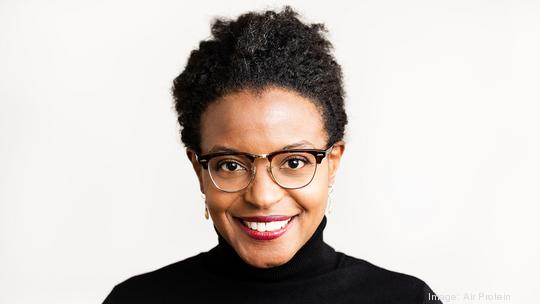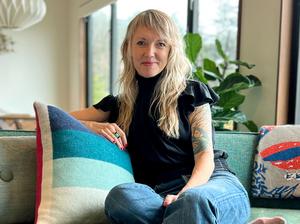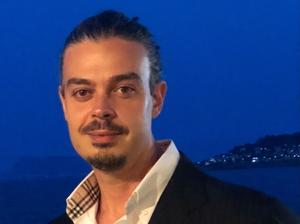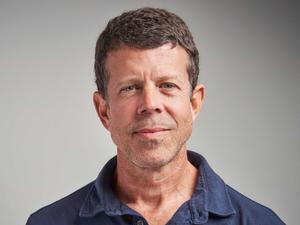
Editor note: In our 2022 Startups to Watch feature, the Silicon Valley Business Journal and San Francisco Business Times present startups and founders doing unique things in the San Francisco Bay Area. Air Protein is one of 20 that we have profiled — to read more about our mission and the other startups we're featuring, click here.
For the world to reach net-zero emissions by 2050, nations have to collectively cut global emissions nearly in half within the next decade to slow warming down to 1.5 degrees Celsius.
We're not even close, and according to the National Oceanic and Atmospheric Administration, there hasn't been this much carbon dioxide in the atmosphere since the Mid-Pliocene Warm Period around 3 million years ago.
Air Protein is working to make a dent by pulling carbon out of the air and turning it into … food.
There are several alternative protein companies around the Bay Area, but Air Protein's proposition is perhaps the most unusual of the bunch. Its website features images of chicken and seafood, but the company isn't saying yet what will be its first consumer product, or when it might hit the market. So-called "alt-foods" companies have to go through a rigorous process for commercial approval that involves both the FDA and USDA.
Air Protein Inc.
- Founded: 2019
- Founders: CEO Lisa Dyson and Chief Science Officer John Reed
- What it does: Developing a process to pull carbon dioxide out of the air and turn in into food
- HQ: Pleasanton
- Employees: 50+
- Total funding: $32 million
- Investors: ADM Ventures, GV, Barclays, GingerBread Capital, Plum Alley Investments, Primera Capital, Radicle Impact, Unreasonable Group
What’s the pitch for your business in seven words? We are creating the future of meat.
What was the “aha” moment behind your startup? That elements of the air we breathe can be utilized to make protein using a carbon-negative process, from cradle to plate.
I'm trying to imagine the process of converting carbon from the air into food. How does that work? Our process is comparable to fermentation, which is how we make wine, yogurt, cheese and many other foods and beverages today. We use cultures, similar to the yeast cultures that are used in making wine.
The difference is that instead of feeding our cultures grapes, as they do in the case of wine, we feed our cultures elements of the air. If you think of making yogurt — which also uses fermentation — whey is produced which, when dried, gives a protein-rich flour similar to the protein-rich flour that we make.
What was the biggest challenge you faced in building your startup? As we work to scale our production process, we are facing many of the Covid-related supply chain disruptions that others are facing. We have had to be creative and leverage our partners to navigate these challenges.
Why did you base your company where you did? The Bay Area happens to be a hub of innovation and is where the founders are based.
What is the best way for you and your team to work? Since we are making meat from elements of the air, we need a significant portion of our staff to be on-site. However, for the roles that don't have to be on-site, we focus on attracting the best talent. We currently have team members from all over the country as well as some who live in other countries.
How did you build out your team and what lessons have you learned? One of the positive features of having the mission that we have is the appeal that it has to potential hires. We put our vision, mission and values at the forefront of our recruiting and retention process.
Is there anything else you'd like to add about climate change, sustainability, food systems or population growth? We are nearing a critical breaking point. With the global population estimated to reach about 10 billion people by 2050, the world will soon not have enough agricultural land to feed all of its people.
To make more land, people are destroying our rainforests, which are important carbon sinks that absorb greenhouse gases. At the same time, the global appetite for meat is increasing. So, we must change the way we make food.
Using beef as an example, it takes two years to raise a cow to make a steak. During those two years, the cow needs to be fed, it needs water and it produces a lot of methane into the atmosphere.
Air Protein takes only four days to make and uses significantly less land and water than animal agriculture, and it is actually higher in protein than meat from an animal. It has the same taste and texture as traditional meat, but contains no animal, soy, hormones, pesticides, herbicides or GMOs. What we are is a new way of making food. We are creating the future of meat.







